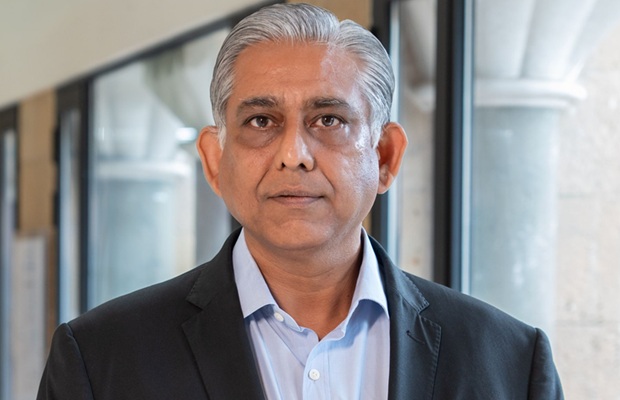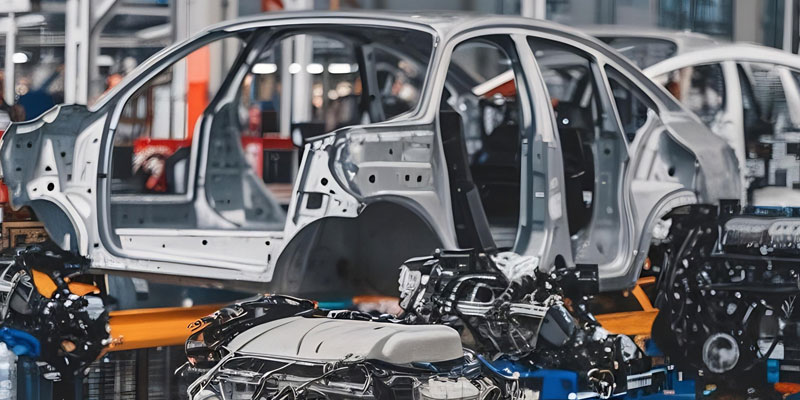Schedule a Call Back
Focus on Downstream Aluminium in India
 Articles
Articles- Jul 19,24
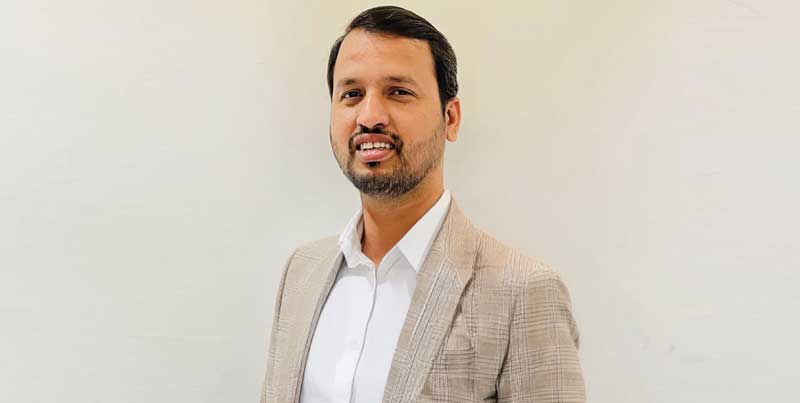
Related Stories

Taural India and TEIL Advance Marine Self-Reliance with Indigenous Gearbox Castings
Taural India has supplied TEIL with indigenously engineered aluminium castings used to manufacture propulsion gearboxes for an Indigenous Patrol Vessels Programme, marking a major step in marine sel..
Read more
RUSAL Strengthens India’s Energy Transition with Low-Carbon, High-Performance Aluminium
RUSAL expands its low-carbon, high-performance aluminium offerings in India, supporting modern electrical infrastructure and advancing the country’s energy transition.
Read more
Study Warns High Aluminium Costs Could Hurt India’s Manufacturing Goals
Report says rising input costs and duty structure risk slowing aluminium-driven growth.
Read moreRelated Products
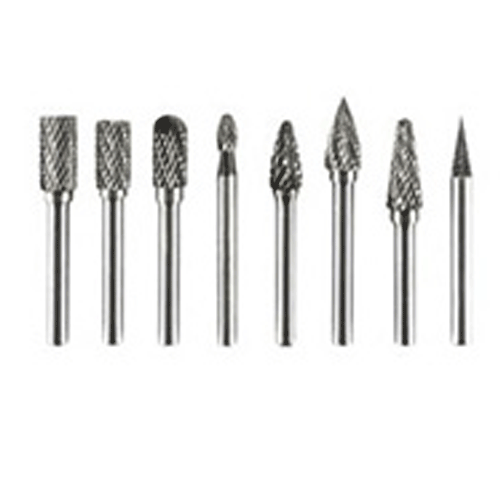
Carbide Burrs
SRT Industrial Tools & Equipments offers a wide range of carbide burrs.
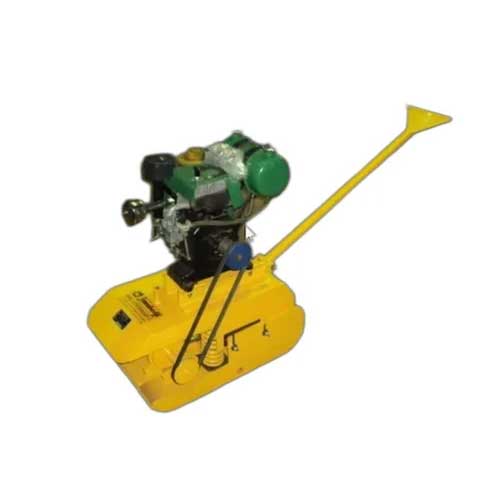
Jamshedji Soil Compactor
Jamshedji Constro Equip Pvt Ltd offers a wide range of jamshedji soil compactor.
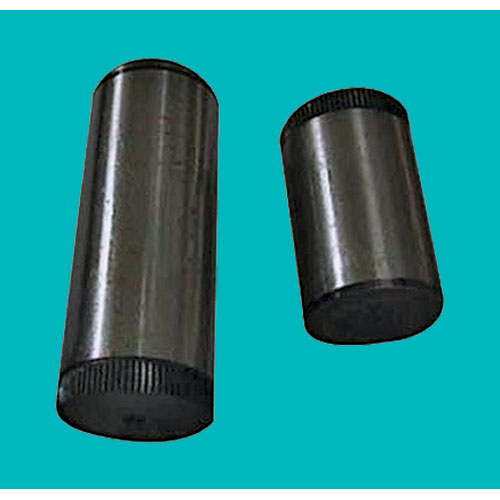
Ground Pins
Hans Machineries Private Limited offers a wide range of pins, hardened & ground. Read more






